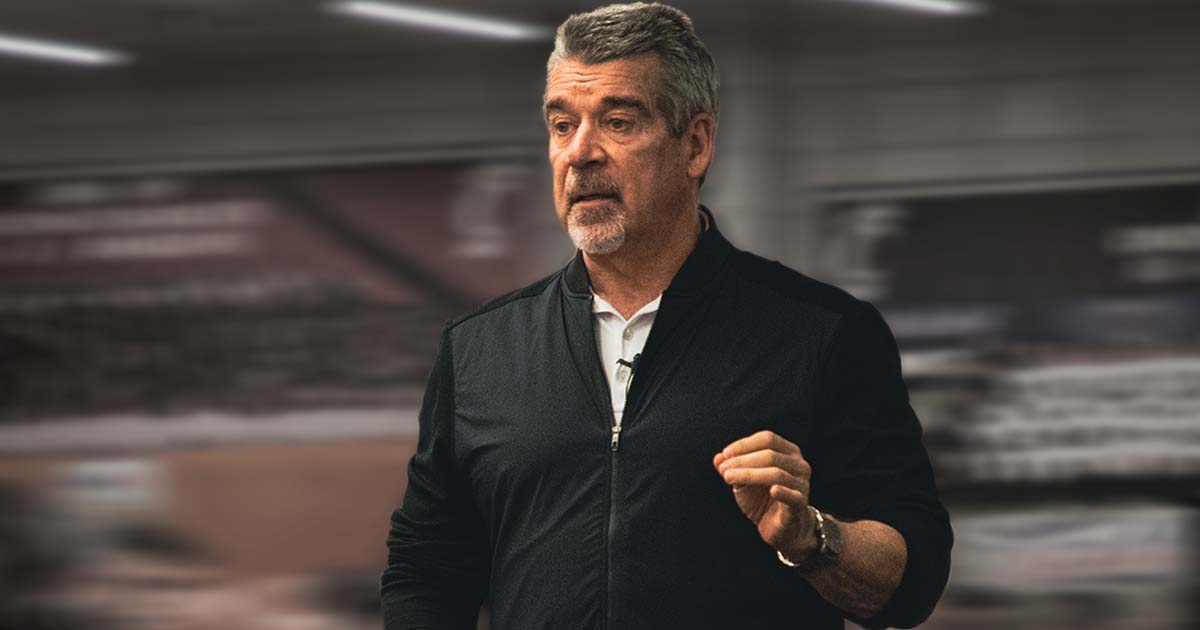In June of last year I was a guest on the “Good Stuff” program, hosted by Kevin Bille. At the end of the episode the discussion turned to a final question: “What is the biggest hardship you have had to overcome?” The program wasn’t scripted, so Kevin didn’t have any idea what I was going to tell him.
I am sure what I said took him by surprise: “I have cancer.”
In March, three months prior to my conversation with Kevin, I had been diagnosed with Stage 4 cancer and had started hormone therapy and chemo treatments. The situation was made even more difficult by the restrictions being mandated by the coronavirus pandemic. It was a very challenging combo: cancer and chemo during COVID.
As I write this, it has been a year and a half since the initial diagnosis. In 2020 I completed chemo and had a 4.5 hour surgery to remove tumors. In 2021 I continued hormone therapy and recently started immunotherapy protocol. So far the treatments have been effective. However, my type of cancer is not curable, so the battle is far from over. At some point (when tumors come back) I will do chemo again.
Cancer = Opportunity
Back in March, as I sat in the doctor’s office processing the results of the biopsy, I began to mentally prepare myself for the challenges ahead. When my doctor first told me the tests confirmed I had cancer, I said to him, “OK, I’m ready. I have trained my whole life for this. I know what to do mentally, you tell me what to do medically, and let’s go!”
Over the years I have taught The R Factor to thousands of people and have applied it countless times to various situations I have faced. Nevertheless, battling cancer demands a different level of response. It is when E+R=O gets very real. My mindset is that this life and death battle gives me the unique opportunity to apply the principles and disciplines of E+R=O to major adversity in my life.
I choose to focus on the life I’m living, not the death I’m facing.
When it comes to adversity, no one is exempt. To think otherwise is to be either terribly naive or dangerously self-centered. Bad things happen. It’s not a matter of whether you will experience adversity; it’s only a matter of what and when.
The key variable is: How will you respond? Adversity is coming. Don’t be surprised; be prepared.
Circumstances don’t make or break you—they reveal you. When adversity strikes and you reach deep within yourself to find the courage and strength to respond, what you will find within you is what you have built within you.
Resilience
Resilience is the ability to overcome obstacles, solve problems, and bounce back from difficult situations. When resilient people experience adversity, they acknowledge how they feel, but they don’t focus on how they feel. They focus on what needs to be done. They look adversity in the face and say, “This is going to be a big challenge. It hurts, it’s painful, it’s difficult, and I’m going to navigate through it. I can do this.”
When you experience challenging situations, don’t flinch. Recognize the difficulty, acknowledge the discomfort, and then focus on what you need to do. Step up to the challenges you face and respond with courage.
The R Factor provides essential disciplines for resilience in the midst of adversity.
- Event + Response = Outcome (E+R=O). A core principle of the R Factor is that you do not control events, but you do control how you choose to respond. Circumstances are a factor in your life, but they are not the deciding factor. How you manage the R is the key factor in how you navigate challenging circumstances.
- Don’t make a difficult situation worse by responding poorly. In particular, don’t BCD. Blaming, complaining, and defensiveness will not help you navigate adversity. BCD is a waste of time and energy, and it only makes things worse.
- Your R is most important when the E is most difficult. The more challenging the event, the more important your response. Do not ask “why me?” Instead ask “what does this situation require of me?”
- Pay careful attention to your mindset. When you experience challenging situations, your mind either puts up barriers that hold you back, or it builds bridges that move you forward. Focus on what you need to do, not on how you feel. Don’t tell yourself negative stories. Master the art of productive self-talk.
- Balance optimism and realism. Don’t let optimism distort reality, and don’t let reality diminish your optimism. Embrace the Stockdale Paradox: “Never confuse faith that you will prevail in the end—which you can never afford to lose—with the discipline to confront the most brutal facts of your current reality, whatever they might be.”
No one wants adversity, but everyone gets it. Accept the reality that you will experience setbacks, difficulties, and defeats. Some will be serious. These are the situations (even seasons) that will test your resilience. There is resilience within you. Find it and build it. When the situation calls for it, elevate your R and respond with courage.
There is one last thing I want to share. Like many others, my faith in God has been a great source of strength in the midst of adversity. The Lord is with me. I know that I am not alone in this journey.
—Tim Kight


